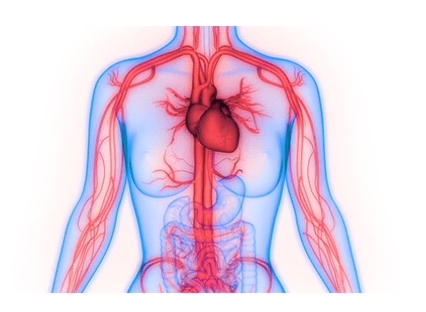
What NOT to eat if you have heart failure.

If you have heart failure, you can enhance your quality of life by following some easy dietary changes.
To begin, strive to consume a variety of fresh or frozen fruits and vegetables on a daily basis. Fruits and vegetables are low in calories, which can aid with weight management. They're also high in vitamins and minerals, as well as fiber, which aids with blood sugar regulation and cholesterol reduction.
Potassium is one nutrient to consider while choosing produce, as some heart failure medicines can alter potassium levels in the body. Potassium loss is common with diuretics, although angiotensin converting enzyme (ACE) inhibitors and angiotensin receptor blockers (ARBs) might raise potassium levels.
You'll also need to cut back on or remove some foods and beverages from your diet, particularly those that cause fluid retention, blood sugar issues, or obesity.
The most prevalent offenders are listed below:
Heart failure causes the heart to stop pumping as efficiently as it once did. Alcohol can exacerbate the condition by weakening the heart muscle. It's better to stay away from it in all of its forms, including wine. The evidence associating a daily glass of red wine to better heart health is mixed.
Even the healthiest persons might experience fluid retention if they consume too much salt (sodium). Excess sodium can create significant problems in those with heart failure. It can also exacerbate existing heart failure by worsening high blood pressure (hypertension).
Furthermore, high-sodium diets are typically heavy in fat and calories, contributing to obesity and its consequences.
Fiber has been removed from highly processed grains including white bread, white rice, white pasta, and many sugar-sweetened morning cereals. This is particularly problematic for patients with heart failure, as it frequently coexists with other diseases such as Type 2 diabetes and high cholesterol.
Rather than processed grains, go for whole grains.
Sodium-rich cured and processed meats should be avoided. Even unseasoned burgers and steaks have their own issue: they're heavy in the kinds of fat that can block arteries.
Instead, consume more fish, especially salmon, tuna, trout, and cod, than red meat. They're high in omega-3 fatty acids and low in saturated fat, both of which assist to reduce cholesterol and triglyceride levels.
However, not all fat is harmful. Monounsaturated and polyunsaturated fats can help you avoid heart disease and stroke. They also aid in the maintenance of a healthy blood pressure and the reduction of “bad” cholesterol (LDL) while increasing “good” cholesterol (HDL). Olive oil, avocados, almonds, and seeds are all good sources.
We are just a call or click away. To learn more, book an appointment online or over the phone with PeachState Advanced Cardiac & Endovascular. We have several locations in Georgia: Newnan, Atlanta, & Griffin.
You Might Also Enjoy...


Feeling Faint

Should I be worried about my numb feet?

Can leg cramps be a sign of something serious?

Meet Dr. Odiete - PACE Cardiovascular Specilaist


